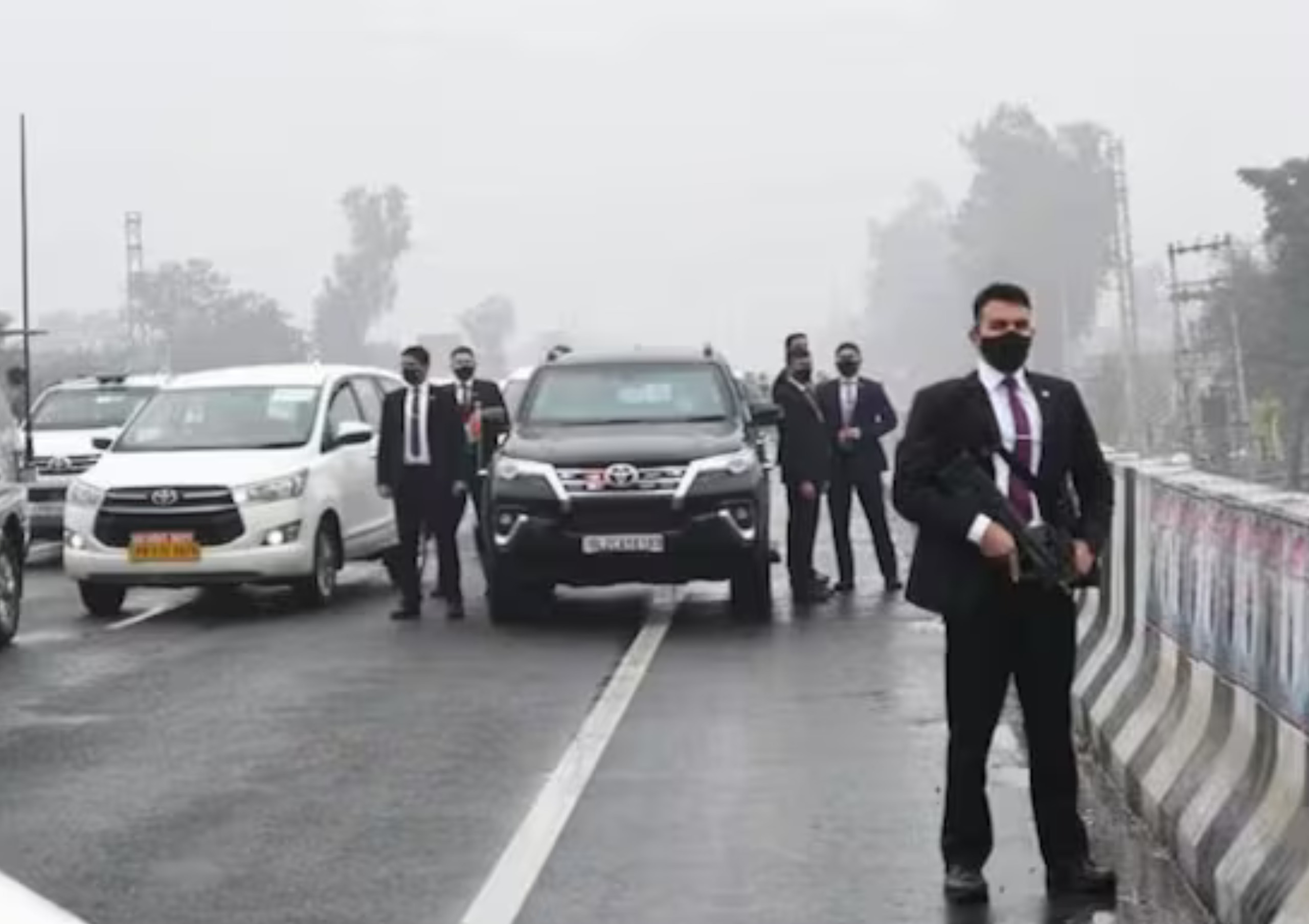
Bengaluru:
The Karnataka Director General of Police (DGP), Dr. M.A. Saleem, has issued a state wide directive that forbids the use of sirens when VIPs are being moved in an effort to lessen public inconvenience and control noise pollution. Addressed to all unit heads, the directive directs officials to guarantee compliance at all levels and to enforce the prohibition without exception.
The action comes in response to growing concerns about the improper use of sirens during VIP transit, which police officials say not only confuses drivers but also presents security risks. "Misuse of sirens is starting to raise concerns. It adds to noise pollution, causes needless confusion for drivers, and raises the possibility of escort vehicle accidents," the official directive said.
Dr. Saleem explained that sirens should only be used by emergency services like police patrol cars, fire trucks, and ambulances, and even then, only in truly dire situations. In order to avoid the need for sirens that can be heard, the order also requires that all communications pertaining to the movement of VIPs be carried out through secure wireless systems.
The directive is viewed as an extension of initiatives to lessen symbols of privilege and implement consistent standards for convenience and public safety. The use of red beacons, or "lal batti," on VIP vehicles, such as those belonging to the President, Prime Minister, and Chief Justice of India, was outlawed by the Union Government in 2017. The goal of that decision was to curb VIP culture and establish a more egalitarian perception of public service.
Karnataka is reiterating that earlier goal by prohibiting sirens during VIP movement in an effort to prevent the movement of dignitaries from interfering with daily life or causing unnecessary anxiety on the roads. Pedestrians and drivers have often complained about the sudden stops and disorderly detours caused by siren-led VIP convoys, usually during rush hour.
A senior police officer, speaking on condition of anonymity, said: “There is an urgent need to balance the safety of VIPs with the rights of common citizens. This directive sends a clear message that public order and environmental concerns cannot be overlooked.”
This order's implementation is now being monitored by law enforcement agencies throughout the state. Any deviations or infractions by administrative convoys or police escorts will be taken seriously, and disciplinary action may ensue.
The directive is a component of the Karnataka police's broader initiative to update operational procedures and implement technology driven strategies for VIP mobility. Additionally, it strengthens the national dialogue about removing needless privilege and reestablishing public confidence in governing procedures.
Karnataka sets an example for other states to follow in the expanding fight against VIP excess and sound pollution as the new rule goes into effect.